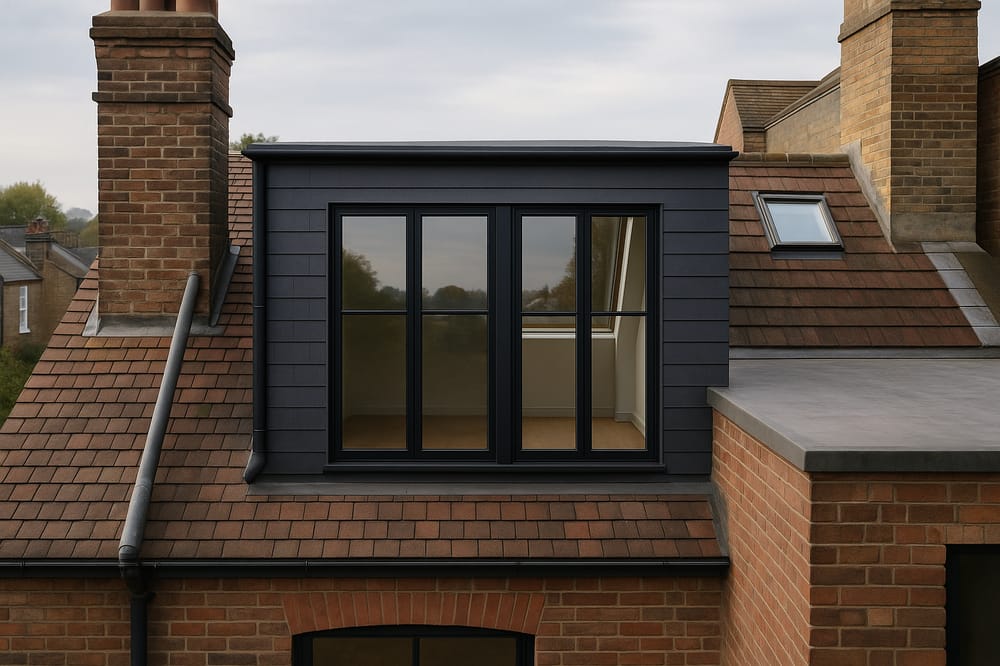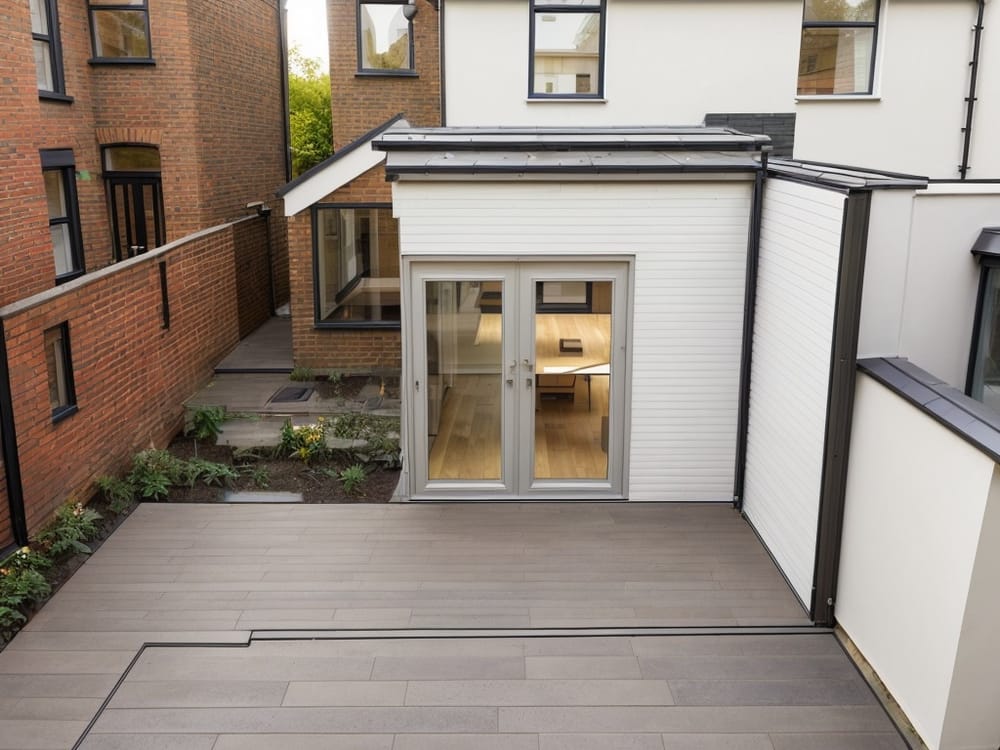If you’re looking to buy, sell or rent a home, then you’ve probably already come across the term EPC, maybe without even knowing what it stands for.
An Energy Performance Certificate is a crucial rating giving an insight into your property’s energy efficiency.
In this article, we will take a look at what EPCs are, where you can find yours, how it’s calculated and why you need it.
Winter is coming… Why do I need my EPC now?
Energy bills are exponentially increasing in the UK and across Europe due to the current geopolitical events. Average household bills are forecast to increase by over 80% this winter, and this despite energy price caps.
The best way to save on your energy bills this winter is to live in an energy-efficient home. To put it simply, the higher your EPC, the less energy required to heat your property, and the more money you save!
Where can I find my EPC rating?
If you live in England, Wales or Northern Ireland, all you need to do to find your EPC is enter your postcode on this government website.
In a few clicks, you’ll be able to see your EPC, when it expires, your certificate number, your building’s energy use, carbon dioxide emissions and even a history of previous ratings.
The procedure is different if you live in Scotland, but the information provided is the same. Check out this website if you’re in Scotland.
As a landlord, why do I need to know about EPC certificates?
As of April 2020, you’re no longer allowed to let a property with an EPC rating below E, under the 2018 MEES regulation (Minimum Level of Energy Efficiency Standard).
This means that you must take on energy-efficiency renovation works if your property has an F or G rating. That said, you will never be asked to pay above the £3,500 cost cap for the improvements.
What will I find on my EPC?
Here is what you can expect to find on your EPC. We’ll go through this example, which can be found on the government’s website, to show you how the EPC is calculated.
1. Your home’s energy costs
This first section is the most eye-catching. At a glance, you’ll not only be able to see how much your different assets (lighting, heating, hot water) cost you, but also how much you could potentially save if you improved your EPC. We’ll discuss this later in the article.
2. Your energy efficiency rating
This is probably the most important metric to look at if you’re buying or selling a house: your EPC rating. To put it simply, it’s an aggregate index of the energy efficiency of your current assets. You’ll be able to see where you are on the scale (A is the best you can get, G is the worst), and see your potential future EPC.
From building structure and materials to appliances, you’ll be able to see in detail the energy efficiency of your home per installation type.
This is very useful if you’re concerned about living in an old building for example. You can even find out your average yearly carbon dioxide emissions, and how this compares to other British households.
4. Recommendations
This last part is the most useful section of the report. Knowing your aggregate energy-efficiency is one thing, but knowing how to improve it is even more important!
A specialised insight is given on the specific improvements you could carry out to improve your EPC, along with an estimated savings amount per asset. You’ll even get a preview of your appliances’ energy rating after the works are done, convenient!
5. Financing options
Every recommendation comes with a solution! Your renovations can be financed by the Green Deal Package, a government policy to help finance your home’s energy efficiency transition.
Check if you’re eligible and start contacting a Green Deal approved business for your works by checking this government website.
Does my EPC have an expiry date?
The short answer is yes. Your EPC is valid for ten years from the date it is issued. If it has expired, you’ll need to get a new one. This is mandatory for buying, selling or renting a home.
How do I get a new EPC and how long does it take?
To get a new EPC you have to find an accredited assessor who can carry out the test. Use this government page to find assessors in England, Wales and Northern Ireland; or use this page to find assessors in Scotland.
An assessment will usually take less than an hour, and you can expect to receive the documentation a few days later, once your assessor has received your payment.
How much does an EPC assessment cost?
EPC assessment prices vary according to the assessor and time it takes to view your home. There are no regulations on prices, but you can expect to pay from £35 up to £120.
Are there any exemptions from EPC regulations?
You may be wondering if you are entitled to any exemptions from EPC ratings and regulations. Intuitively enough, if you’re not looking to buy, sell or rent a home, there is no need for an EPC.
However, having one may be a good idea to see how energy efficient your home is and view potential savings and renovation works to be undertaken.
In addition, some buildings are exempt from EPCs. These are usually buildings where some renovation works towards energy efficiency are impossible, such as listed buildings, places of worship and religious buildings, or temporary buildings to be demolished.
I can’t wait for an EPC assessment, I need some tips on improving my home’s energy efficiency now!
If you can’t wait for an EPC assessment, or you would like to make sure that you get the best possible rating before paying to do so, here is a list of a few things to check in your home or to change if you can.
- Double or triple glazing: you could make your home warmer by fitting new, higher performance double glazed windows.
- Insulate your loft and roof: insulating your loft, attic or flat roof is a powerful way to reduce heat loss. The recommended minimum is 270mm.
- Insulate your walls (for cavity walls and solid walls): insulating your walls can save you up to 40% on heating and cooling costs.
- Put an insulating jacket on your hot water tank and pipes: this will reduce the amount of heat lost, making them more efficient and cheaper to use.
- Install a modern boiler: modern boilers are far more energy-efficient than older ones. Replacing your boiler with a more recent model can help you cut on your bills, but also help you reduce the carbon emissions of your home.
- Install an efficient secondary heating source (e.g. electric heating): a good way of localising the heat required. Why heat the entire house when you are only working in your study?
- Get rid of draughts: draught proofing is one of the cheapest and most effective ways to save energy. Controlled ventilation helps reduce condensation and humidity, by allowing fresh air in only when needed.
- Seal your chimneys: by adding a cap onto the chimney when sealing the fireplace, enough air can flow to prevent unwanted condensation problems.
- Have solar panels installed: according to the Energy Saving Trust, solar panels will typically cut your electricity bill by 15-25%.
- Use LED light bulb lighting: using LED bulbs will allow you to use 85% less electricity than if you used conventional lighting, for the same light output. Worth it.
- Check that you don’t have any faulty appliances as they could consume more energy than necessary.
- Use a smart metre that will accurately measure your energy usage and help you identify areas of improvement.
Now’s the time to get your EPC rating up!
With energy prices soaring, inflation and raw materials getting harder to find, you can expect your home’s energy bills to grow this winter.
If you are a landlord or if you own your own home, take a close look at your EPC and try to find ways to improve it, then have it calculated again. If you’re a home buyer or renter, pay extra care to your new home’s EPC before moving in, as this could make a big impact on your future energy bills.




















